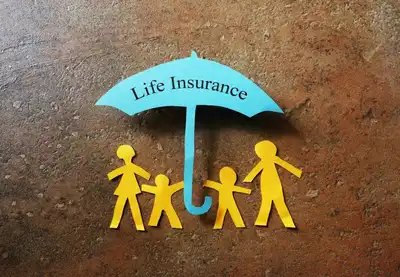The essence of insurance lies in its financial benefits that come into play when a covered event actually occurs. For instance, if our house burns down or our car is damaged in an accident, insurance can help us recover financially from these unfortunate events. However, it’s essential to remember that these events are not something we wish to happen, as they bring distress and financial costs.
The primary objective of insurance is to bridge the gap between our pre-event financial situation and our post-event situation. Although it may not fully restore our original financial standing, insurance benefits can significantly help in mitigating the losses.
Proper planning should involve aiming to avoid financially devastating events rather than trying to cover everything. The financial impact must be significant enough to justify paying more for coverage than its estimated value on a balance of probabilities.
In the case of life insurance, the ultimate peril covered is the death of the insured. We never want this event to happen, but if it does, the insurance is meant to provide financial protection to the beneficiaries left behind.

From our own perspective, there are no financial benefits from life insurance as we have to pass away for any benefits to be paid out. Naturally, we never desire such an outcome. Life insurance, by its very nature, cannot bring any financial gain to the insured, as it involves insuring against an event that cannot be experienced or enjoyed.
Your Loved Ones Benefit Financially Though with This
There are indeed financial benefits for our loved ones if we have life insurance and pass away, as the policy’s payout can help compensate for the financial losses they may experience due to our death. Rather than using the term “benefit,” it is more accurate to describe it as a way to manage the financial aftermath of our passing, ensuring that our loved ones are better equipped to handle their financial affairs.
While it is possible to improve the financial situation of our loved ones with a life insurance policy, it is not necessarily the most efficient use of our funds. Insurance coverage involves paying a premium, resulting in an overall negative financial expectation when considering what we pay for it compared to expected benefits.
The true benefit of insurance lies in mitigating the impact of covered events. The goal is to lessen the blow, and the best outcome we can hope for is that there is no significant financial change when the insured event occurs. Ideally, insurance protects us from being in a substantially worse financial position in the event of a covered occurrence.
The primary reason we purchase life insurance is to address the potential serious financial consequences our loved ones may face if we were to die during the policy’s duration. The purchase of life insurance is driven purely by our concern for the future welfare of our loved ones, as we are the ones buying the policy and cannot directly benefit from it ourselves.




